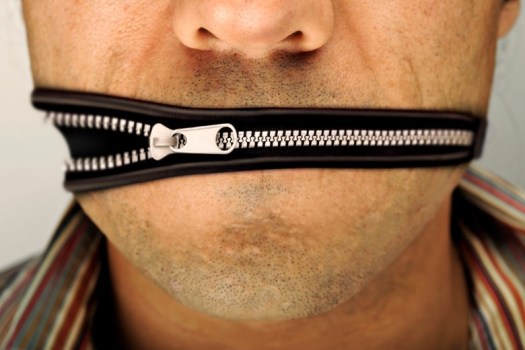
Should NSW lobbying laws apply to local government officials?
The answer is yes, according to the Chief Commissioner of the NSW ICAC Peter Hall QC, who has recommended that state laws about lobbying government officials should be overhauled and made to apply to local government.

The Lobbying of Government Officials (LOGO) Act currently excludes local government officials from the definition of a “government official”.
This means the act doesn’t apply to councillors and they don’t face the same levels of regulation with regards to lobbying as other public officials in the state.
But in a report released last week, Investigation into the regulation of lobbying, access and influence in NSW, the corruption watchdog says legislative change is needed to safeguard the public interest against what it says are the “inherent lobbying risks of corruption and undue influence”.
It also notes that lobbying is common in local government, and says councils face considerable risk of undue influence and should also be regulated by the LOGO Act.
“Extending the provisions of the LOGO Act to local government would, among other matters, allow the lobbying regulator to provide guidance about the appropriate policies and procedures that would best suit the circumstances of local councils, particularly regarding matters about planning, land use, the environment and community amenities,” Commissioner Hall says.
Councillors not like other public officials
The Chief Commissioner does note that there are reasons against extending the LOGO Act to councils.
These include the risk of over-regulating the sector, which is already subject to the Model Code of Conduct, which is also in the process of being reviewed.
Councillors are also different from other types of public officials because they mostly serve in part-time roles and receive little remuneration.
And because local councillors generally don’t have their own staff, offices or budget, it’s normal for them to be approached by lobbyists in unofficial settings, which makes scrutiny of meetings harder.
However, an analysis by ICAC found that since 2008 the local government sector made up almost 60 per cent of all reports against a NSW public authority in relation to in a lobbying-related complaint.
There were 113 current and former councils named in those complaints.
The report says most state and Commonwealth government initiatives that involve new infrastructure, changes to land use or affect the environment will involve local councils.
“Inevitably, this attracts lobbying activities aimed at local councils,” the report says.
29 regulations
The report makes a total of 29 recommendations around lobbying, including expanding the Lobbyists Code of Conduct to create obligations for government officials as well as lobbyists, establishing a NSW Lobbying Commissioner and creating a list of former public officials who have moved into lobbying roles.
The report says the movement of former public officials between the government sector and lobbying roles is currently unregulated.
“The Commission’s view is that post-employment restrictions should be considered for a broader range of officials in high-risk categories,” it says.
Ministerial and parliamentary secretary advisers “of sufficient seniority” should also be banned from lobbying for 12 months after leaving their job.
The investigation also recommends that registration be required for a broader range of lobbyists, including in-house lobbyists.
Commissioner Hall says while lobbying can have positive outcomes, it can also result in favouritism and corruption.
“A key finding of the investigation is that oversight of lobbying in NSW needs to be improved by means that will provide a more specific focus on enforcing lobbying regulation and on detecting and sanctioning improper lobbying and improper influence,” he says.
Comment below to have your say on this story.
If you have a news story or tip-off, get in touch at editorial@governmentnews.com.au.
Sign up to the Government News newsletter



Anyone in the planning and development arena of Government has been fair game for Lobbyists of all types. Yes, Local Government is especially vulnerable.
But will the proposed action change the landscape?
Given NSW government particularly seems to delight in accepting and then approving Unsolicited development proposals, and then are closed to scrutiny under its Commercial in Confidence banner. v/s The otherwise Public / Open system for all other of Government dealing